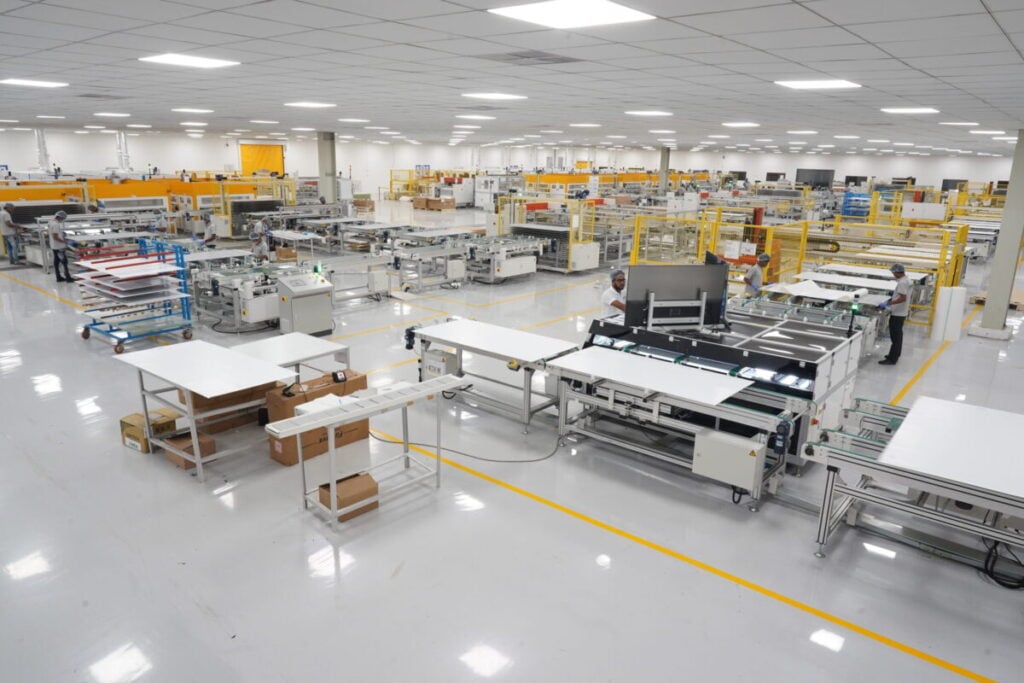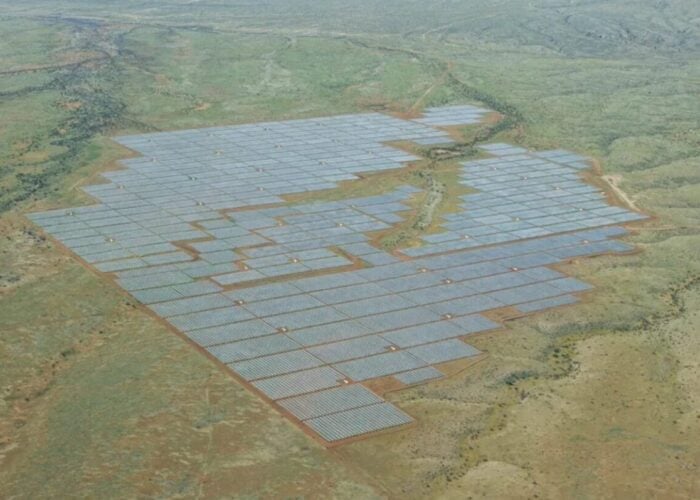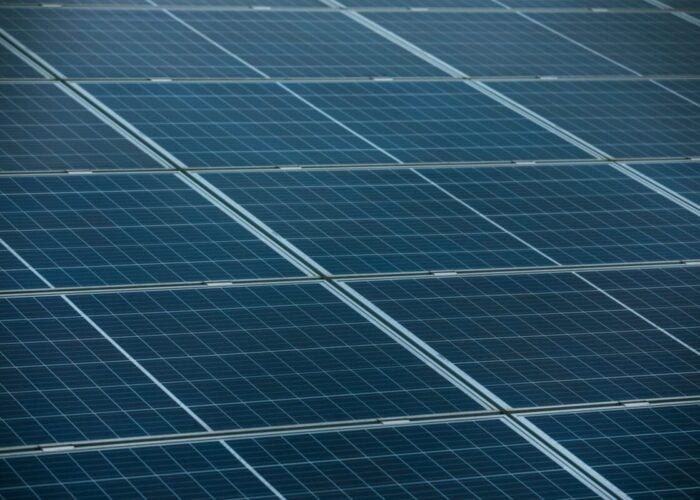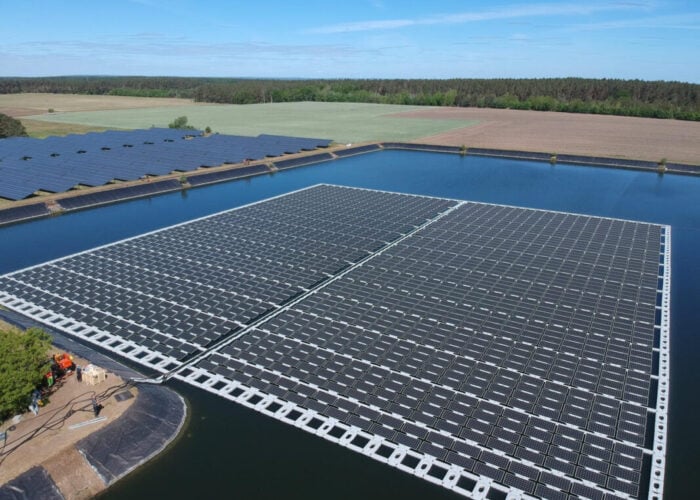
Indian clean energy developer Jindal Renewables has selected Waaree Energies to provide engineering, procurement and construction (EPC) services for its 2GW solar PV plant in the state of Rajasthan.
The design, supply, construction and commissioning work will be completed by Waaree Renewable Technologies Limited, a subsidy of module manufacturer Waaree, and the project will form part of Jindal’s plan to build a 12GW portfolio of renewable energy projects, storage facilities and green hydrogen production facilities by 2030.
Unlock unlimited access for 12 whole months of distinctive global analysis
Photovoltaics International is now included.
- Regular insight and analysis of the industry’s biggest developments
- In-depth interviews with the industry’s leading figures
- Unlimited digital access to the PV Tech Power journal catalogue
- Unlimited digital access to the Photovoltaics International journal catalogue
- Access to more than 1,000 technical papers
- Discounts on Solar Media’s portfolio of events, in-person and virtual
“[The project] reinforces our dedication to delivering state-of-the-art renewable energy solutions to support India’s ambitious clean energy targets,” said Viren C Doshi, director of Waaree Renewable Technologies Limited. “This partnership with Jindal Renewables marks a milestone in our efforts to drive sustainable energy transformation both within India and globally.”
Waaree also announced that two of its modules had received environmental product declarations (EPDs) from the International EPD System, demonstrating that the company has minimised its footprint in the manufacture of these products from material extraction to end-of-life disposal.
The awards were given to the company’s bifacial monoPERC (passivated emitter rear contact) and TOPCon (tunnel oxide passivated contact) modules, both of which were featured in a module supply deal signed with Spanish developer Acciona Energia for its US projects last year.
In the months since, Waaree has signed a number of module supply deals, including with Statkraft and Acciona Energia subsidy Juna, as it looks to make the most of some of its new module manufacturing capacity that has come online this year.
The continued growth of an Indian module manufacturer will be a positive development for the Indian solar sector as a whole, which has seen increased appetite for domestic products in recent months. In December, the government announced plans to add solar cells to its list of Approved List of Modules and Manufacturers (ALMM), a register of largely domestic-based companies whose products are eligible for use in projects subsidised by the government.







